Members of the Macalester community braved the freezing wind this weekend to attend the annual Religious Studies department Lowe Lecture on the afternoon of Sunday, Feb. 24. This year’s speaker was Dr. Sylvester Johnson, professor of religion and culture at Virginia Tech.
His lecture, entitled “State of Exception or Modus Operandi? Religion, National Security, and the Racialization of Islam,” explored the history of the FBI’s use of surveillance and its effects on public perceptions of minority groups — namely, Muslims — in the United States.
Johnson explained that the FBI has surveilled and infiltrated minority groups that decry the government’s practices since its inception in 1908, but it intensified its efforts in the 1960s with the rise of religious and political activist groups such as the Nation of Islam.
The FBI recruited over 7,000 black people to infiltrate these activist groups to inform on “other blacks who were doing something that looked like it might be military activity,” Johnson said.
“What was militant activity?” Johnson asked. “It was antiracism, it was condemnation of any kinds of systems of structural injustice. This was part of the FBI’s plan in order to destroy what the FBI at the time referred to as the ‘Negro Rebellion.’”
Due to immigration laws at the time, black people comprised the overwhelming majority of Muslims in the U.S. until the 1970s. Thus, Johnson argued, the FBI’s condemnations of Muslim activist groups also took on a racialized tone. He drew on FBI training manuals from the 1960s that called “a range of African-American Muslim communities … the Muslim cult of Islam.”
Johnson recounted instances of the FBI violently suppressing Muslim activists in the 1960s, even killing unarmed civilians. The documents that refer to “national security,” he argued, meant “white nationalist security” in practice.
“People who are challenging the racism, who are challenging power structures that were destroying the lives of people, that were oppressing their efforts to create a more equitable set of outcomes, were classified as state enemies,” Johnson said.
To justify their classification of Muslim activist groups as hate groups, the FBI claimed that they taught a hatred of white people and condemned the white race. According to Johnson, this was a willful misinterpretation.
“What [black activist groups] taught was that whites were actually complicit in a long history of atrocities against nonwhite peoples, and this was particularly true with black people,” Johnson said. “[They taught that] this was not some kind of accident, that it was deliberate, it was institutionalized, it was collective and it was the worst thing that had happened to blacks.”
These perceptions of Muslims and Muslim activists persist to this day. Johnson examined present-day guidelines from the Department of Homeland Security condemning “radicalization.” According to Johnson, assuming that radicalization is negative implicitly condemns the activism of radical Muslims, Christians and Jews such as Muhammad Ali, Dr. Martin Luther King Jr. and Rabbi Abraham Joshua Heschel.
“They introduced unsettling notions of justice that were not mainstream. It was very radical in that way, but, in according to how they’re using it here, being radical must mean something negative, something bad,” Johnson said.
By using this definition of radicalization, the FBI continues to justify their surveillance of Muslim communities, especially those that are predominantly communities of color.
“There is probably no mosque now in the United States that is not infiltrated by the FBI and police departments that work together,” Johnson said. “They surveil, they record conversations, they video people, they cultivate informants throughout those communities — not just in the mosques, but in the neighborhoods. And if you are, for example, collecting money to help indigent families and poor families, that is a form of radicalization according to the Department of Homeland Security.
“If you continue this activity, you can end up incarcerated, being prosecuted and brought up on charges of terrorism,” Johnson continued, “because this is what has actually happened to community, after community, after community throughout this country for years.”
Per Lowe Lecture tradition, students asked the first questions during the Q&A following Johnson’s talk. The session was conversational, with Johnson welcoming contributions from students in related fields of study.
Endowed by the Dayton family, the Lowe Lectureship is meant “to further ecumenical understanding and discussion both within the Christian tradition and in relation to other religious traditions.”
The topics of the lectures vary greatly from year to year. Last year’s Lowe Lecture featured Macalester alumna and Assistant Professor of American Christianity at Duke University Kate Bowler ’02 who returned to campus in November 2017 to discuss “The (Prosperity) Gospel According to Donald Trump.”
Religious Studies major Tess Mueller ’20 attended both Bowler’s lecture and this year’s lecture.
“I loved the lecture last year, and I loved the lecture this year too. I think there were really, really important, valuable lessons I learned about how Islam was racialized and how it was targeted.”
“I had a hard time following [this lecture] sometimes because it was really broad,” Mueller continued. “But I think that was a good thing [because] he went into so much context and history of how the national security system in the U.S. has interpreted Islam.”
But even more than Johnson’s lecture itself, Mueller enjoyed the discussion that followed. “That might be my favorite part: being able to talk with really, really intelligent scholars about the work they’re doing … outside of a classroom setting,” she said.



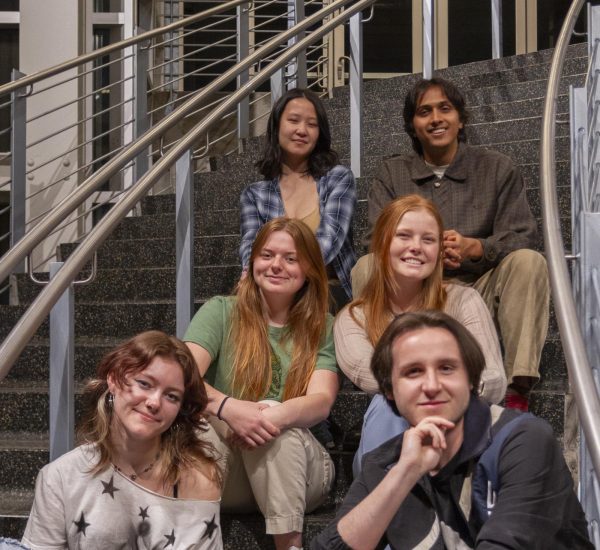
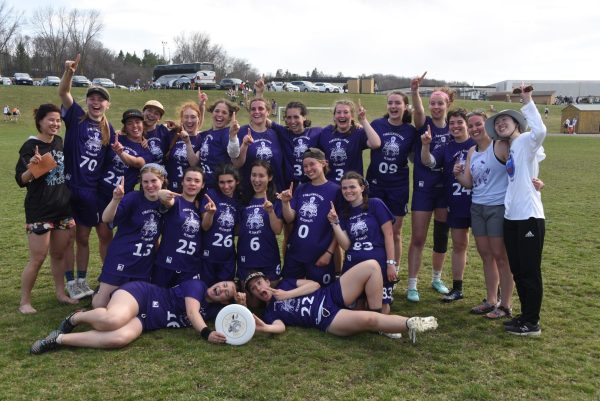
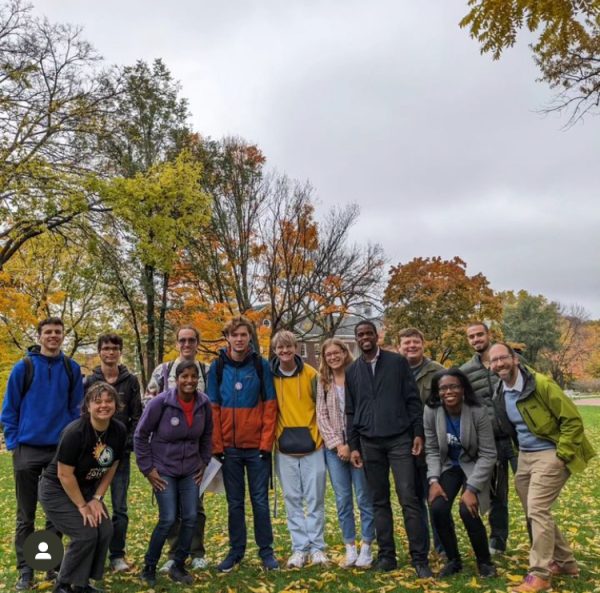



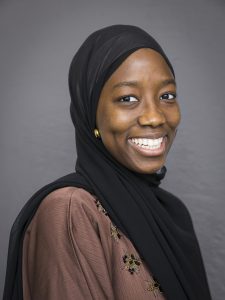


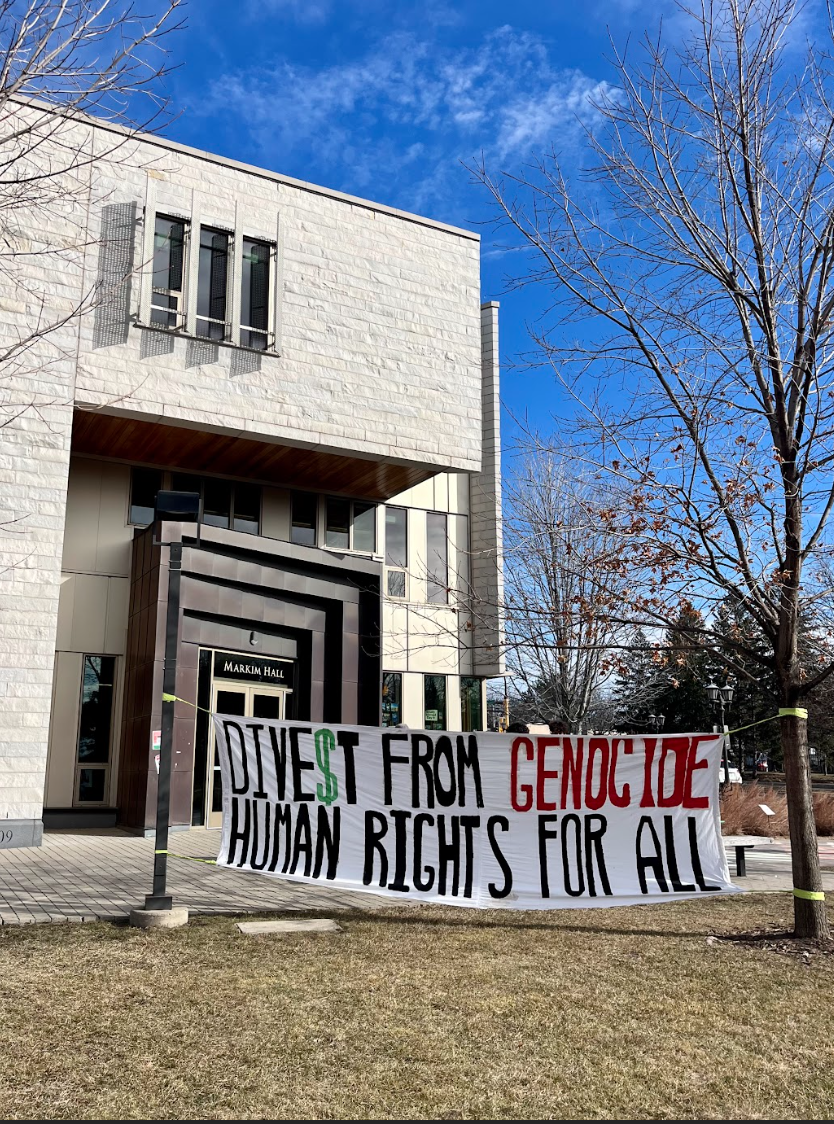
Thomas Parr • Sep 11, 2019 at 1:07 pm
Why YouTube video clips are shared everywhere? I think one motive is that these are easy to get embed code and paste that code everyplace you desire.
Jack Allan • Sep 10, 2019 at 7:32 am
Thanks for your write-up. One other thing is that if you are selling your property alone, one of the troubles you need to be conscious of upfront is just how to deal with household inspection accounts. As a FSBO supplier, the key to successfully moving your property plus saving money with real estate agent commission rates is knowledge. The more you are aware of, the smoother your home sales effort will probably be. One area where by this is particularly vital is information about home inspections.
Peter Parr • Sep 6, 2019 at 6:44 am
Howdy are using WordPress for your site platform? I’m new to the blog world but I’m trying to get started and set up my own. Do you need any coding expertise to make your own blog? Any help would be greatly appreciated!
Britt Ogiba • Jul 22, 2019 at 7:00 pm
Mass parsite http://bit.ly/2W9CVkn